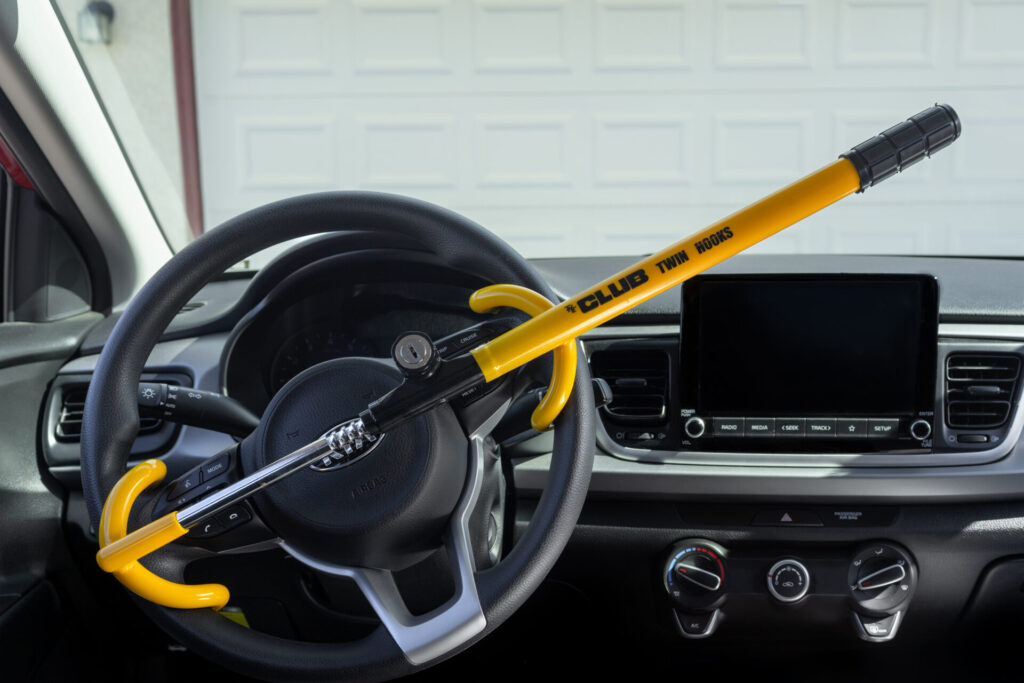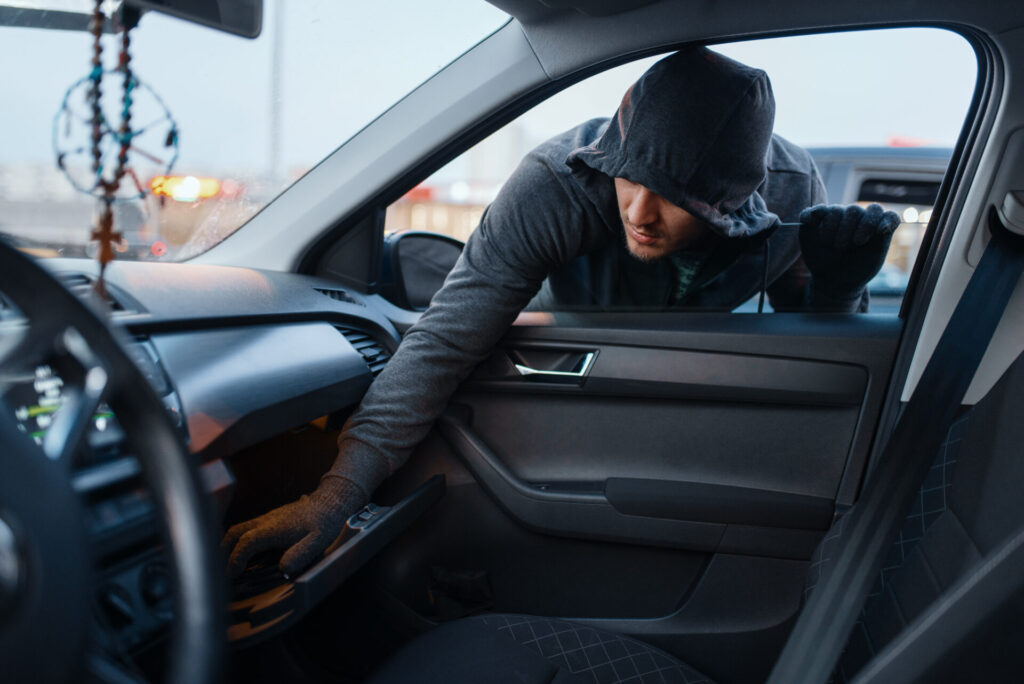If you drive a Honda CR-V, Ford F-Series or Dodge Ram 1500 Series vehicle, chances are you already know the statistic: your vehicle is in the top ten most stolen vehicles of 2023.
And based on your location – in Ottawa, Toronto or Montreal – there’s an equally high chance you know at least one, if not several, people whose cars vanished overnight, most likely to turn up weeks later somewhere in Africa or the Middle East.
Nationally, car theft has hit crisis levels, with industry experts saying that claims exceeded $1.2 billion in claims in 2022, a number that is expected to rise with the increase in claims from 2023 thefts.
In Ottawa alone, the Ottawa Police Service reports an ongoing boom in car theft with 1,800 vehicles stolen last year, compared to 1,069 in 2021 and just 811 in 2000.
The result for consumers? More than just inconvenient, car theft and the resulting claims will impact premiums and car costs at a time when the price tag on new and used vehicles is going up along with the cost of living.
The ongoing shortage of microchips and vehicle availability is intensifying the situation, making vehicle rentals and replacements both time-consuming and costly for consumers, with wait times for new vehicles sometimes exceeding a year. With interest rates remaining high, the cost of purchasing or leasing a new vehicle will further burden consumers.
“We all know someone who has either had their car stolen, sometimes multiple times, or we have tried to take measures to protect our property. For every tactic the average consumer must take, thieves seem to be one or two steps ahead,” says Jeff Walker, President & CEO of CAA North & East Ontario.
Technology advancements have far surpassed vehicle standards, which haven’t been updated since 2007 in Canada, making it more difficult to reinforce technology-based solutions like immobilizers and mandate their inclusion in new vehicles.
“Car theft is a highly competitive, organized crime business in Canada that impacts families, businesses and industry. The only way forward it a united effort by all levels of government, so that the burden to protect property and deal with the financial blow isn’t just left to motorists,” he says.

Preventive measures and tips for consumers
To help mitigate the risk of vehicle theft, CAA Insurance recommends the following preventive measures for consumers:
- Secure your parked vehicle with a steering-wheel lock, brake pedal lock, or wheel lock, such as “The Club” to secure your parked vehicle.
- Secure your car key fob by storing it in a Faraday box or pouch to prevent signal hacking.
- Consider a professionally installed after-market immobilizer.
- Lock your doors (both car and home) and park your vehicle inside if you have a garage.
- If you own more than one vehicle, it’s recommended to park the less valuable one nearer to the street.
- Install motion sensors and a camera on your driveway to capture any activity.
- Cover the VIN (Vehicle Identification Number) so it’s not visible on the dashboard.
- Store a GPS tracker (ex, Air Tag) to track your vehicle should it be stolen.
- Ensure items are out of sight, and do not leave valuables in your vehicle.
- Always avoid leaving your vehicle unattended while it is running.


